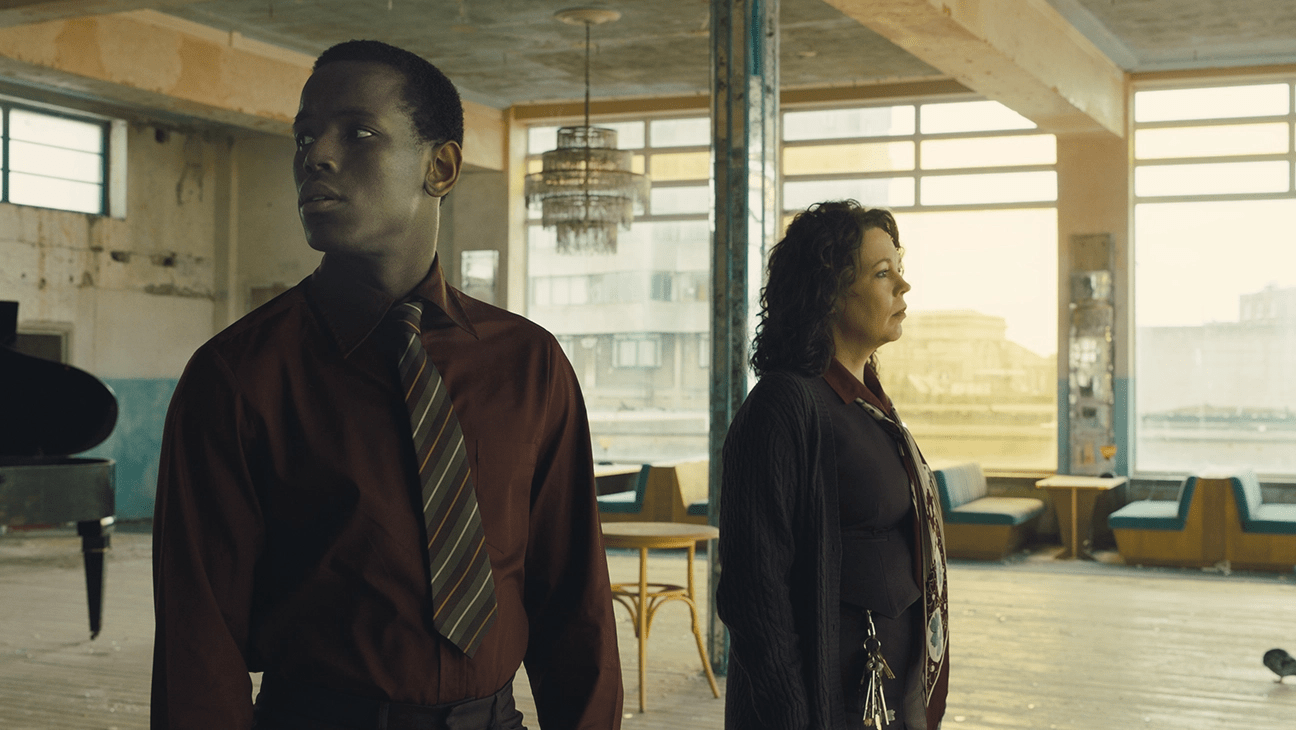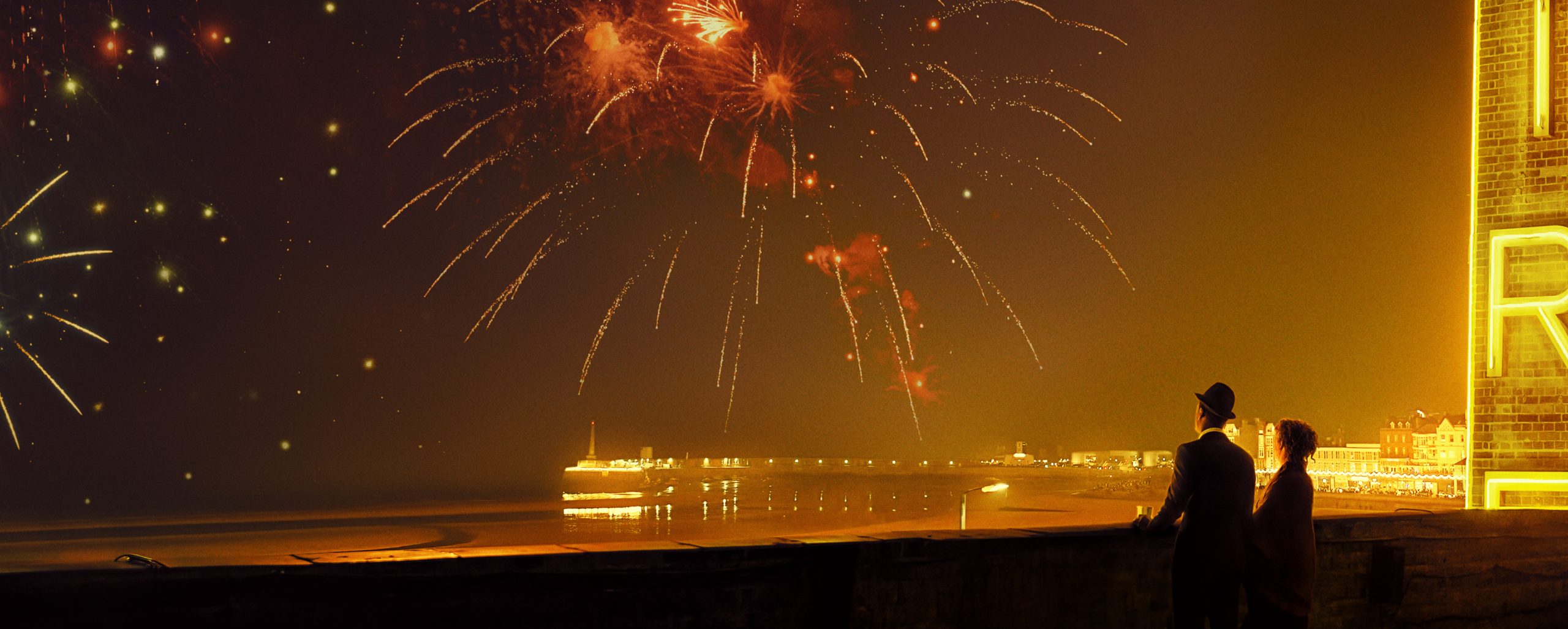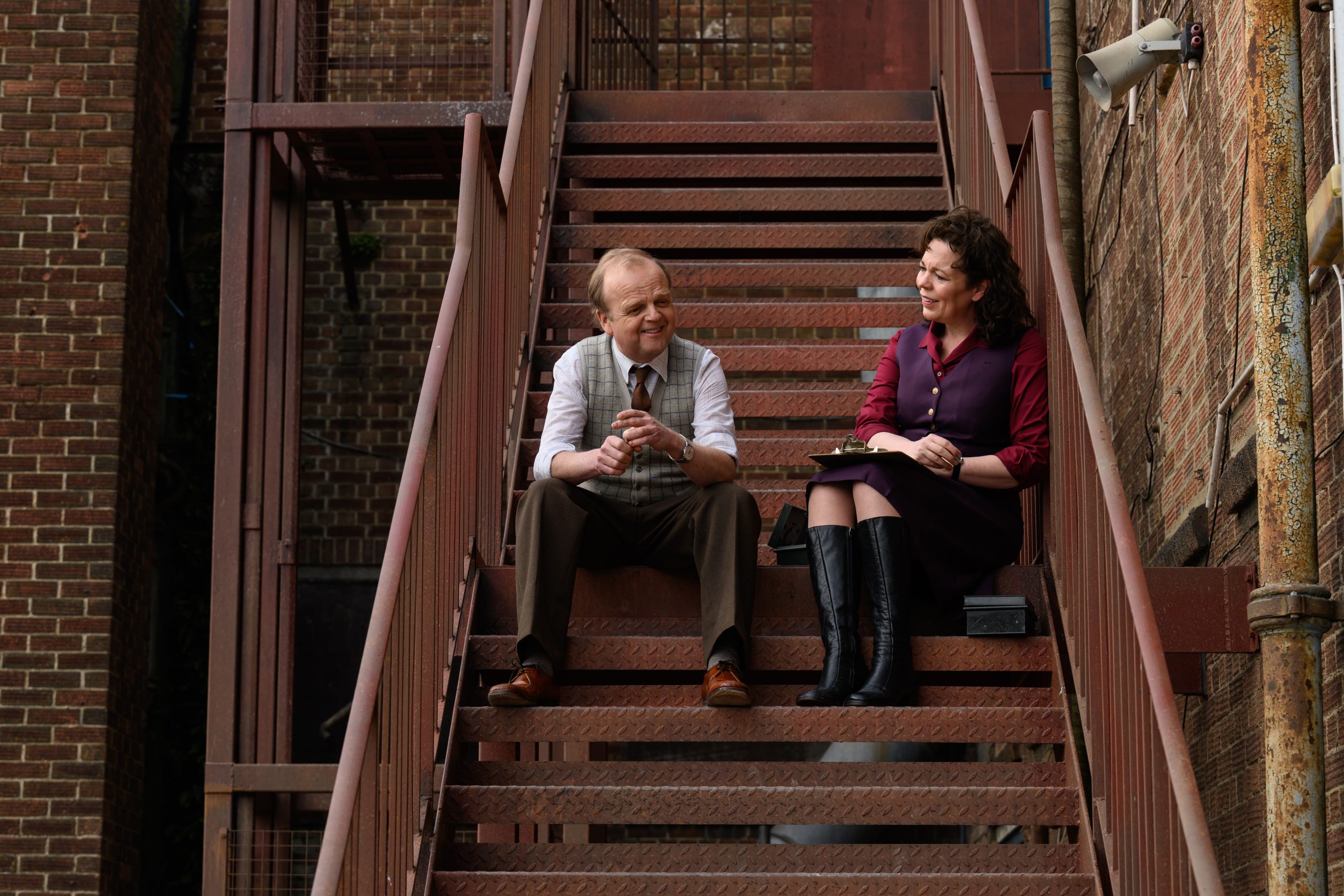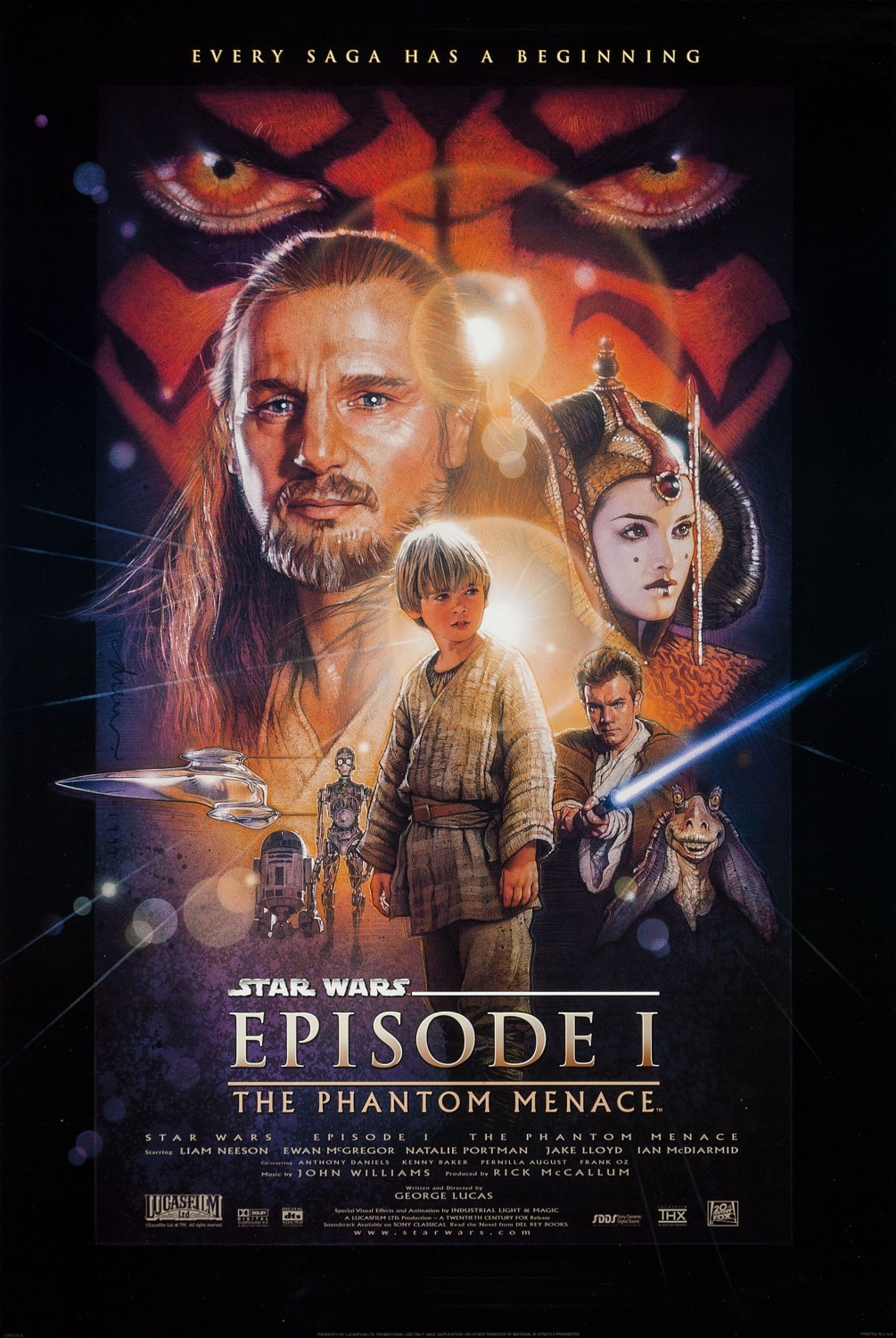‘Empire of Light’ Review: Olivia Colman Soars in Sam Mendes’ Ode to Cinema

Micheal Ward and Olivia Colman in EMPIRE OF LIGHT. Photo Courtesy of Searchlight Pictures. © 2022 20th Century Studios All Rights Reserved.
Cinema, much like any other artform, is a product of the times we live in. 1948’s Ladri di Biciclette (Bicycle Thieves), for instance, was a direct consequence of the aftermath of World War II in Italy. The American film landscape in the 1970s was dominated by bleak, noir dramas that reflected society’s sense of darkness following the Vietnam War — until Star Wars came along and reminded people there was light and hope in life too. Now, the isolation caused by the COVID-19 pandemic has inspired a new wave of introspective cinema, of which Empire of Light might be the biggest example yet.
Other films released in late 2022 like The Fabelmans, or even The Banshees of Inisherin to an extent, were also products of the filmmakers looking back at their own roots and finding some sense of purpose. Empire of Light is Sam Mendes’ mind during the summer of 2020 put into film. Olivia Colman plays Hilary, a middle-aged movie theater employee — living in South East England during 1981 — who suffers from bipolar disorder (a character attribute inspired by Sam Mendes’ own mother). Her days go from selling popcorn to customers at the entrance of the theater to having undesired sex with the manager, played by Colin Firth. One day, a new employee is hired, a young aspiring architect played by Michael Ward.
He is Black, which leads us to the second influence from the 2020 summer — the Black Lives Matter rallies. During that time, the racist, anti-immigrant National Front was taking over England by storm, and we witness their actions directly as they attack Ward’s character more than once throughout the film. While racism is not the central theme of the film, Empire of Light does an excellent job of condemning it through simple (yet extremely hard to pull off) character attachment.

Olivia Colman in EMPIRE OF LIGHT. Photo by Parisa Taghizadeh, Courtesy of Searchlight Pictures. © 2022 20th Century Studios All Rights Reserved.
What is the central theme of the film, then? It fluctuates a lot. Racism does take over during parts of it, which I found semi-refreshing — it is something we, unfortunately, and for very good reason, see a lot of in American movies, but we rarely get the British perspective on the matter. It’s sometimes nice to remember that it’s not just the Americans who practice it on a constant basis; the rest of the world should look in the mirror too. As mentioned earlier, the film also deals a lot with mental health through the eyes of Olivia Colman’s character.
And finally, if nothing else, Empire of Light is Sam Mendes’ own tribute to cinema. Obviously, setting the story around a movie theater was no coincidence, but it goes beyond that. Throughout the film, characters go on and on about why the art form is so important, vital, and beautiful, to the point that they no longer feel like characters in the film and almost become Sam Mendes’ own voice speaking through them. Perhaps the best of the bunch comes from Toby Jones’ character, who plays the projectionist in the movie theater, one of the most emotional roles in the film — if Empire of Light is a peek at Sam Mendes’ mind, Toby Jones plays the nostalgic part. Character arcs are used by screenwriters to reveal themes, and Empire of Light makes perfect use of that — Olivia Colman’s Hilary, who never goes into the room while movies are playing (that’s for the customers), must learn the real power of film to wrap her arc.

Micheal Ward and Olivia Colman in EMPIRE OF LIGHT. Photo Courtesy of Searchlight Pictures. © 2022 20th Century Studios All Rights Reserved.
The film is undoubtedly slow, and that might be a setback that not even Roger Deakins’ immaculate cinematography could salvage. The script, at times too self-indulgent, flows like a river of lava — steadily and unmercifully in a specific direction, but takes its time to get where it’s going. However, Sam Mendes was keeping one ace up his sleeve to make up for any pacing issues, and she goes by the name of Olivia Colman. The actress, who even made Maggie Gyllenhaal’s The Lost Daughter watchable, is an absolute force to be reckoned with. Her performance is so subtle and nuanced, yet so human, you could use it to fool anyone who is not familiar with the actress, telling them this is actually a real person and not a fictional character who Mendes filmed.
Colman’s character has to navigate quite a lot in the film, and to help her with that, she starts a relationship with Ward’s character, Stephen. Ward, along with Toby Jones, tries his best to keep up with the insane level of acting that Colman is pulling off, and for the most part, succeeds. Ward stands for the dramatic region of Mendes’ brain, which sometimes gets mixed in with the romantic part of him when the relationship between both leads takes over. They create the classic doomed-to-fail type of romance, useful for both of them to learn and mature from.

Toby Jones and Olivia Colman in EMPIRE OF LIGHT. Photo by Parisa Taghizadeh, Courtesy of Searchlight Pictures. © 2022 20th Century Studios All Rights Reserved.
The film, by design, will not be an easy sell for most audiences. While it never reaches the heights of 1917, it could be the perfect antithesis to that project — a personal drama inspired by a director looking for inner peace and finding it through filmmaking. It’s not the first time it’s happened (not even this year), but it is unique because it feels very much a product of its time and its creator. It may not be memorable, but it sure is a fascinating watch for film historians — if we were to explain the summer of 2020 to an alien race without telling them what happened exactly, we would show them Empire of Light.
Empire of Light is currently expanding across theaters worldwide. It premiered in the US in December and just expanded into UK and Ireland venues. In mid-February and early March, it will open in the rest of the world.
Miguel Fernández is a Spanish student that has movies as his second passion in life. His favorite movie of all time is The Lord of the Rings, but he is also a huge Star Wars fan. However, fantasy movies are not his only cup of tea, as authors like Scorsese, Fincher, Kubrick or Hitchcock have been an obsession for him since he started to understand the language of filmmaking. He is that guy who will watch a black and white movie, just because it is in black and white.






